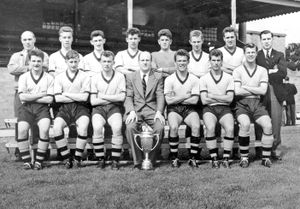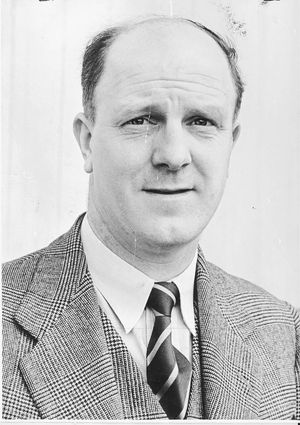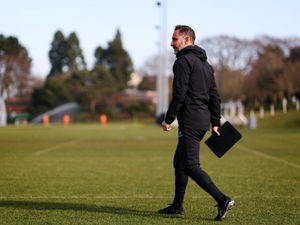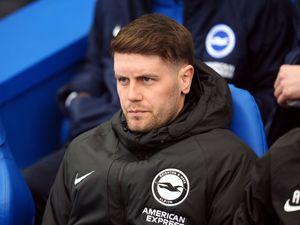When Wolves did the awesome foursome!
Wolves are heading back into England's top flight after winning the Championship - but 60 years ago they won everything.
Now as Wolves prepare for a new chapter in the Premier League, the The Express & Star has delved into their hugely successful 1957/58 campaign.
It was an era of Wolves greats who were household names. Stan Cullis was manager and Billy Wright was captain.
Wolves were one of the best teams in the country. It would have been hard to find a better run club.
In the 1957/58 season, Wolves won England's first division. And their second, third and fourth teams each won their respective leagues.
Wolves also won the FA Youth Cup - seen as the jewel in the crown - for the first and only time in their history.
They enjoyed much success. The key was down to their youth policy, started in the 1930s by Major Frank Buckley, and their supreme fitness.

Former Wolves striker Ted Farmer, who won the Cup final scoring five goals, recalled they would finish off teams in the later stages of a game because they were still going strongly.
Wolves invested a lot into their youth programme, bringing in players from the local area and beyond, and sifted out the best players to develop at the club.
Speaking on the club's monumental achievements that year, Wolves museum curator Pat Quirke said: "It was huge for Wolves to win all that in one season but they had been on the up for a while.
"The club was very successful because of Cullis and probably because other teams weren't as developed.
"I think that was critical. Wolves didn't win all their games by a long shot but they won enough.
"And they had these very iconic players which, when you say their names now, they still roll off the tongue.
"Also I think their scouting policy was pretty good because they were watching players all the time. Buckley developed their scouting network and Cullis used his contacts."

Wolves would send their scouts to towns and villages to watch footballers in matches, Quirke said.
And the club would also contact schools asking if players would like to sign up for trials.
Once at the club the players would be put through training regimes and given dietary plans to stick to. They were also given codes of conduct to abide by, such as sticking to curfews ahead of matches.
On the pitch, Cullis liked to play with five forwards and attack up the pitch in quick movements.
Quirke said: "Cullis had a style of play in which he believed in flying wingers. He came across this system where within three passes of the ball, it had to be in the opposition box.
"It was based on this statistician. He worked out the number of forward passes needed to get the ball in the box where you got something like a 40 per cent chance of scoring a goal.
"The only way to do that was using flying wingers - not like today where we have got wing-halves. That is why they had a forward line of five.
"You had two wingers, you had two inside-wingers and a centre forward. They didn't drop back to being midfield players so much as they do now. We talk about our wingers being midfielders.
"This system was one which he developed and the wingers became very famous. And the centre forward you had to be a big bloke to get the balls.
"They like the idea of a big bloke up front, in the Derek Dougan time, the Benik Afobe time."
The end of the 1957/58 season left Wolves with a haul of trophies. It was an era when Wolves were simply the best.
It seems fitting that 60 years on Wolves have once again tasted success by winning the Championship and embarking back on their way up.





